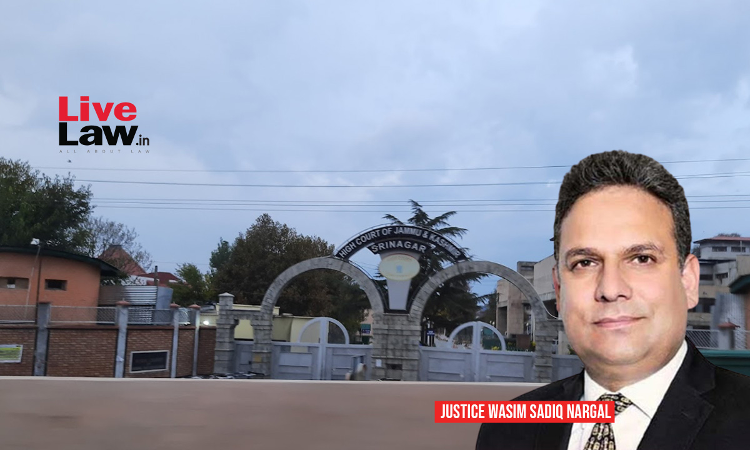The Jammu and Kashmir and Ladakh High Court on Monday directed the government to reassess the amount of compensation and improvement charges to be paid to land claimants, emphasizing the need for a fair evaluation of the value of the land involved in the Smart Satellite Township dispute.Justice Wasim Sadiq Nargal dismissed the pleas as barred by res subjudice on the issue of tenancy but...

